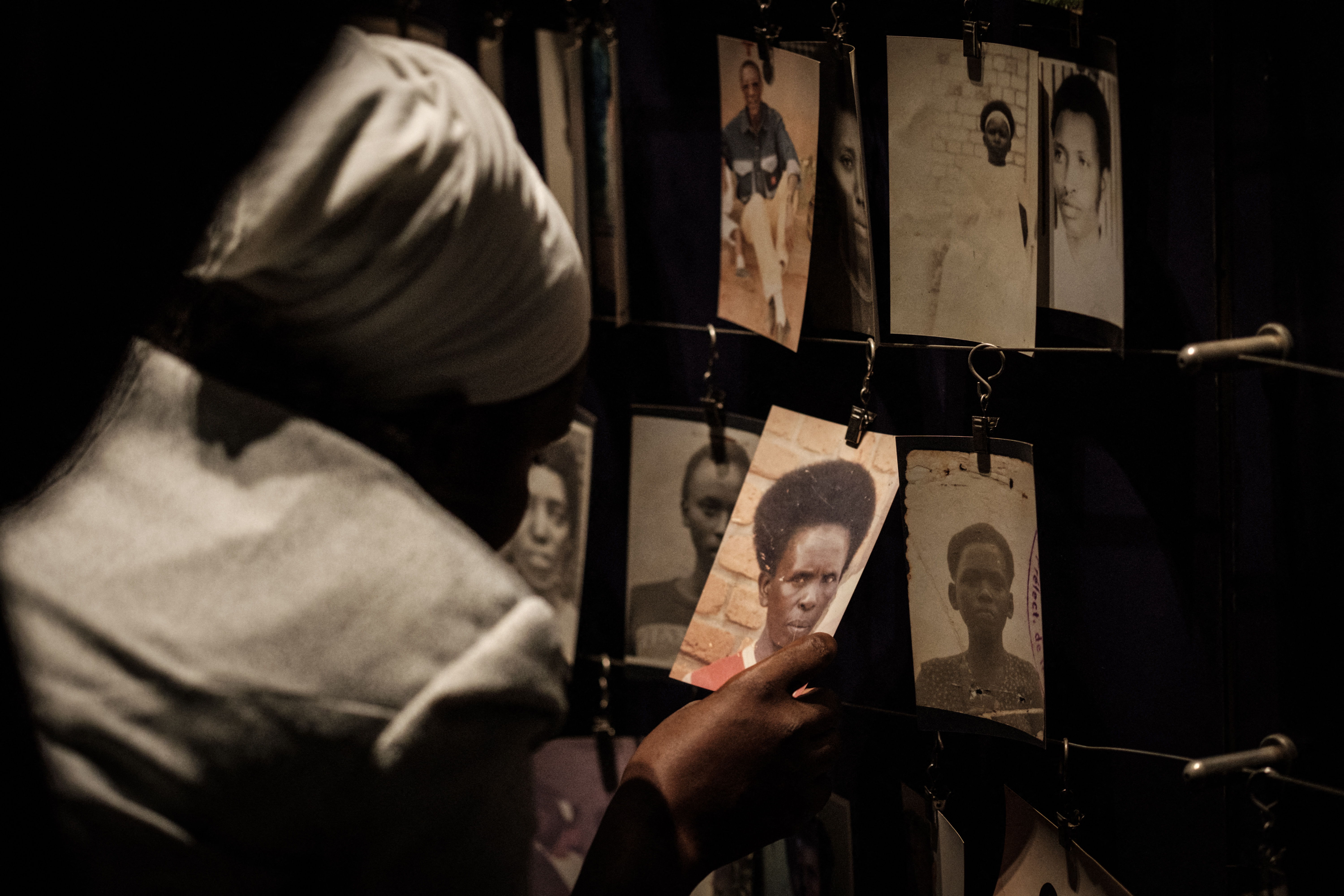Trial of Rwandan genocide suspect Emmanuel Nkunduwimye to begin on Wednesday

The trial of Emmanuel Nkunduwimye, accused of war crimes and genocide in Rwanda in 1994, will begin on Wednesday at the Brussels Assize Court with jury selection.
The trial is set to begin just days before the 30th anniversary of the Rwandan genocide, which started on 7 April 1994. More than 800,000 people, mainly from the Tutsi minority, were killed in the genocide.
Emmanuel Nkunduwimye, now 65, faces charges of committing an unknown number of murders, a rape and an attempted murder at the Amgar complex in Kigali. Once the jury has been selected, proceedings will begin on Monday and will last about a month and a half.
Close friend of Rutaganda
An investigation revealed that Nkunduwimye was a close friend of Georges Rutaganda, vice president of the Rwandan Hutu militia Interahamwe, which was responsible for most of the massacres committed during the Rwandan genocide.
Rutaganda was sentenced to life imprisonment by the International Criminal Tribunal for Rwanda in 1999. Some witnesses told investigators that Nkunduwimye was also a member of the Interahamwe militia and that he regularly travelled with Rutaganda during the genocide, wearing a military jacket and carrying weapons.
Other witnesses told investigators that Nkunduwimye had to travel with Rutaganda for protection. They say Nkunduwimye was targeted because his brother-in-law financed the Rwandan Patriotic Front, an armed group formed by exiled Tutsis in the late 1980s.
Favourable testimony
Nkunduwimye may have come under judicial scrutiny during Rutaganda's trial. According to the prosecution's indictment, he had given very favourable testimony on behalf of Rutaganda and appeared to have put some energy into persuading other Rwandans to come and paint a favourable portrait of Rutaganda.
Nkunduwimye arrived in Belgium at the end of 1998, having lived in Kenya for about four years after the genocide. He was granted refugee status in 2003 and became a Belgian citizen in 2005. He was arrested and charged in March 2011, following an investigation that began in 2007.
'Urgent need to expedite pursuit of justice'
Ahead of the 30th anniversary of the start of the Rwandan genocide, the NGO Human Rights Watch said on Tuesday that the remaining genocide suspects must be urgently prosecuted.
"There is an urgent need to expedite the pursuit of justice to ensure that the remaining architects of the genocide are held to account before it is too late," said Tirana Hassan, executive director at Human Rights Watch.
While a significant number of those responsible for the genocide have been brought to justice, several high-level genocide suspects have died before facing trial or have been declared unfit to stand trial, the NGO said.
A visitor looks at portraits of victims at the Kigali Genocide Memorial in 2018 in Kigali, Rwanda © Photo Yasuyoshi CHIBA / AFP